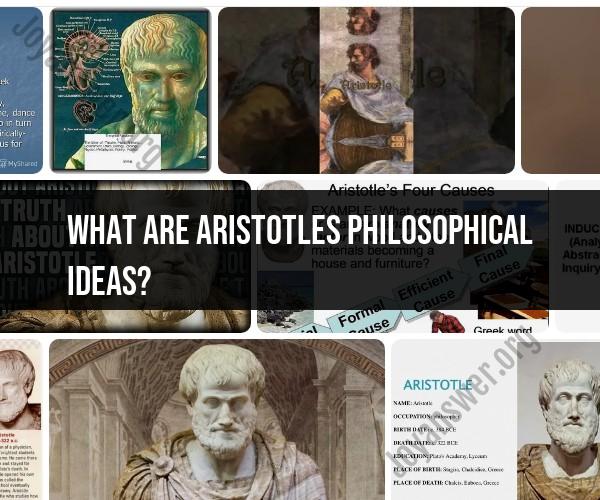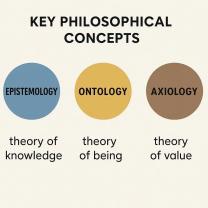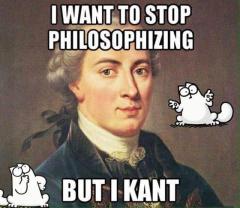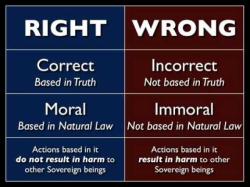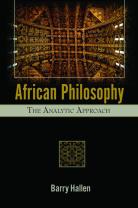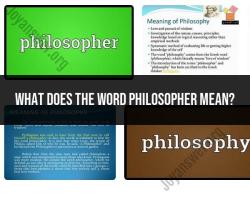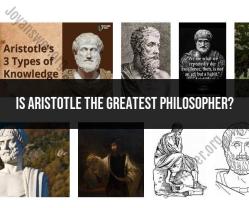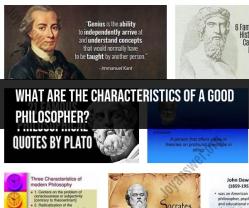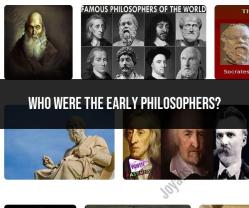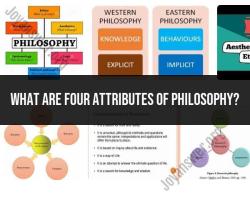What are Aristotles philosophical ideas?
Aristotelian Philosophical Concepts: Unraveling the Ideas of Aristotle
Aristotle, one of history's most influential philosophers, contributed a wide range of philosophical ideas that have profoundly shaped Western thought. Here are some of Aristotle's key philosophical concepts:
1. Teleology and Final Causes:
Aristotle believed that everything in nature has a purpose or final cause. He introduced the concept of teleology, suggesting that objects and organisms exist for specific ends or goals.
2. Four Causes:
Aristotle proposed that understanding something involves identifying its four causes: material cause (what something is made of), formal cause (its design or structure), efficient cause (its origin or creator), and final cause (its purpose).
3. Virtue Ethics:
Aristotle's virtue ethics emphasizes the importance of developing moral virtues and cultivating good character. He believed that practicing virtues leads to eudaimonia, often translated as "flourishing" or "well-being."
4. Golden Mean:
Related to virtue ethics, Aristotle introduced the idea of the golden mean—the balance between extremes. Virtuous behavior lies between deficiency and excess, promoting moderation and harmony.
5. Substance and Accidents:
Aristotle explored the distinction between substances (individual entities) and accidents (qualities that can change without altering the entity's identity). This concept influenced discussions on identity and change.
6. Logic and Syllogism:
Aristotle's work in logic laid the foundation for formal reasoning. He developed syllogism, a structured form of argument with premises and a conclusion, which became fundamental to deductive reasoning.
7. Metaphysics:
In his treatise "Metaphysics," Aristotle delved into questions of existence, reality, and being. He explored concepts like substance, potentiality and actuality, and the nature of change.
8. Politics and Ethics:
Aristotle's "Politics" examined the nature of governance, ethics in the context of the community, and the best forms of government. He discussed the concepts of justice, equality, and the common good.
9. Aesthetic Theory:
Aristotle's aesthetics emphasized the concept of catharsis—the emotional cleansing or purging that occurs through art, particularly in tragic dramas. He considered art's power to evoke emotions and promote catharsis.
10. Empirical Observation:
Aristotle advocated for empirical observation as a means of understanding the natural world. His approach to studying the physical world laid the groundwork for scientific inquiry.
Aristotle's philosophical ideas continue to influence disciplines ranging from ethics and metaphysics to logic and politics. Exploring his concepts provides insights into the development of Western philosophy and its enduring impact on contemporary thought.
